Using a topical application of the antioxidant ellagic acid, researchers at Hallym University in the Republic of Korea markedly prevented collagen destruction and inflammatory response – major causes of wrinkles — in both human skin cells and the sensitive skin of hairless mice following continuing exposure to UV-B, the sun’s skin-damaging ultraviolet radioactive rays.
Ellagic acid is an antioxidant found in numerous fruits, vegetables and nuts, especially raspberries, strawberries, cranberries and pomegranates. Earlier studies have suggested it has a photoprotective effect.
But how? The Kang laboratory found that, in human skin cells, ellagic acid worked to protect against UV damage by blocking production of MMP (matrix metalloproteinase enzymes that break down collagen in damaged skin cells) and by reducing the expression of ICAM (a molecule involved in inflammation).
The researchers say the results demonstrate that ellagic acid works to prevent wrinkle formation and photo-aging caused by UV destruction of collagen and inflammatory response.





















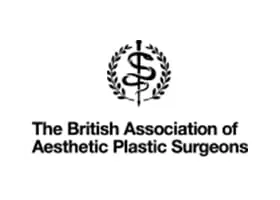
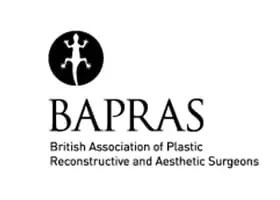






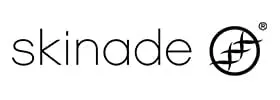



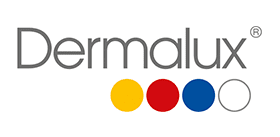
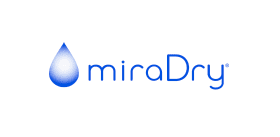




25th June 2025
Bringing Confidence Forward: A Personal Look at Hairline Lowering Surgery
Read More
24th June 2025
Lip Lift Surgery: A Subtle Change That Speaks Volumes
Read More
3rd June 2025
Post-Surgery Compression Garments in Plastic Surgery
Read More